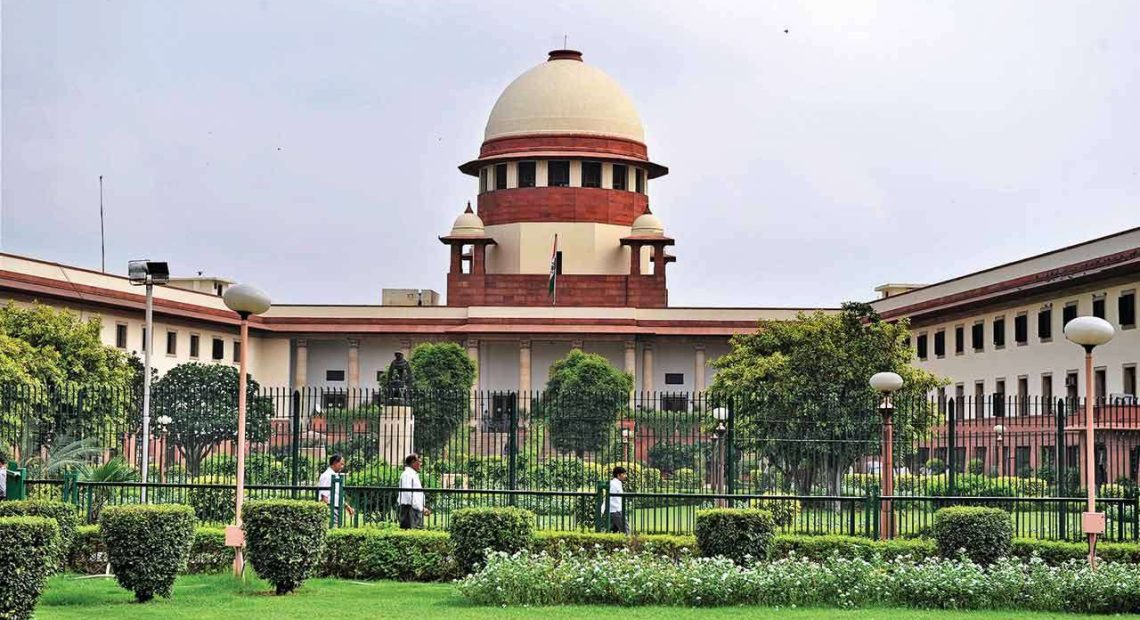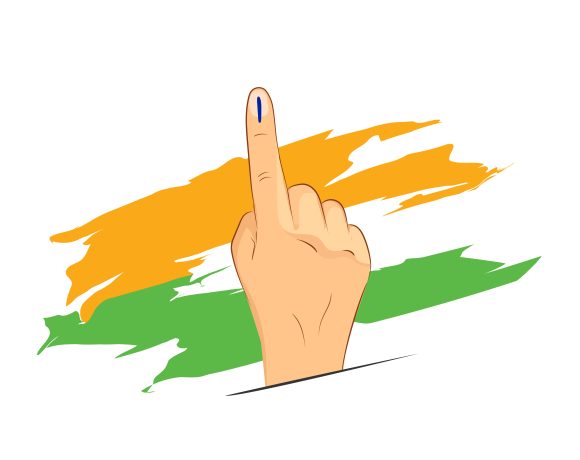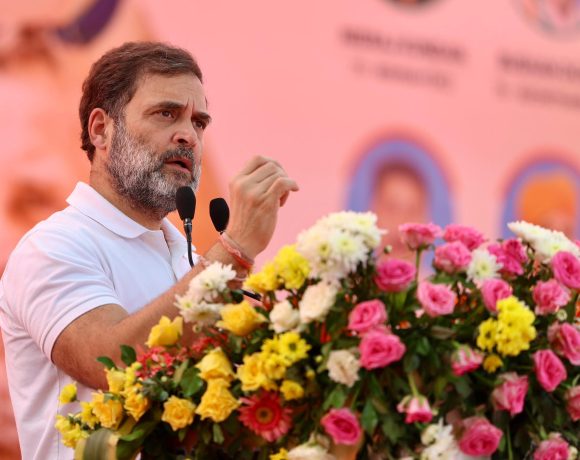
Supreme Court Cancels Bail of TMC Workers Over Post-Poll Assault
In a significant ruling, the Supreme Court of India has revoked the bail granted to six Trinamool Congress (TMC) workers accused of launching a violent assault on a family aligned with the Bharatiya Janata Party (BJP) during the 2021 West Bengal assembly elections. The apex court described the act as an intentional attempt to punish political rivals and termed it a grave assault on India’s democratic foundations.
The bench comprising Justices Vikram Nath and Sandeep Mehta observed that the victims were targeted solely for their political beliefs and voting preferences. The court underlined the severity of the attack, particularly emphasizing the violence inflicted on a woman from the complainant’s family.
“The accused persons along with other accomplices stormed into the house of the complainant, caused extensive damage to the property, brutally assaulted the complainant and his family members, pulled the complainant’s wife by her hair, dragged her out and tore her clothes. She was about to be subjected to sexual assault when she poured kerosene upon herself and threatened immolation, forcing the accused to flee,” stated the order.
Judiciary Reinforces Democratic Norms
The Supreme Court’s decision sends a clear warning against politically motivated violence. The judgment reinforced the idea that such attacks are not merely law and order issues, but direct threats to the country’s democratic system.
“The attack on the complainant and his family was targeted and launched solely with the motive of punishing them for not having voted in favour of a particular political party. This in our considered opinion, amounts to a grave attack on the roots of democracy,” the bench said.
This strong judicial stance is seen as a message that intimidation and partisan violence will not be tolerated in a democracy.
Bengal’s Post-Poll Turmoil Revisited
The ruling once again brings focus on the turbulent aftermath of the 2021 elections in West Bengal, which witnessed several incidents of violence and retribution, particularly against opposition party supporters. The incident in question stands out due to the level of brutality and political intent, as highlighted by the top court.
By cancelling the bail, the Supreme Court emphasized the need for fair trial processes and the seriousness with which the judiciary views politically charged violence. The judgment is being seen as a key moment in holding political actors accountable for transgressions under the guise of electoral victories.
This development is likely to fuel renewed political debate in the state over law enforcement, governance, and the protection of democratic rights in post-election periods.


















